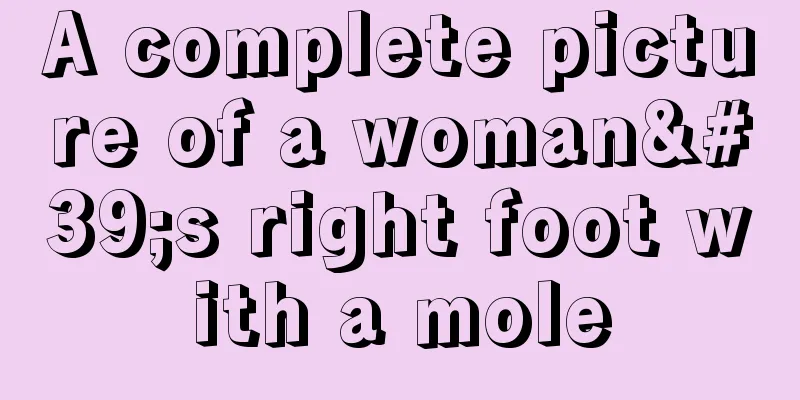Royal Bank of Canada announces expansion of blockchain testing

Translation: Height difference signal is full As we head into February, the world’s largest financial institutions are stepping up their support for blockchain technology, with their innovation labs increasingly conducting trials with the technology. Just a few weeks ago, UBS announced their smart bond application, NRI discussed their research on the use case of distributed ledgers for securities, and even JP Morgan, one of the banks that has been bearish on the concept of Bitcoin and digital currencies, is looking to evaluate the role of blockchain technology in improving the trading process. But among the biggest companies, the Royal Bank of Canada (RBC) has indicated that it has been experimenting with blockchain technology to improve customer rewards and loyalty since November last year. As Canada's largest bank, with revenue of $10 billion in 2015, their news was just a customer acquisition gimmick that was quickly drowned out by the industry's move toward B2B applications. However, in a recent interview, Linda Mantia, chief vice president of digital, payments and card services at Royal Bank of Canada, pointed out that the Royal Bank is focusing on another use case of blockchain technology, and our testing is mainly in asset markets, cross-border payments and smart contracts. Mntia pointed out that in the context of the entire industry, RBC believes that blockchain technology will become a form of network finance, and its various derivative technologies have not yet been fully developed. Mantia told CoinDesk:
Mantia also touched on the growing hype surrounding blockchain, arguing that if the next Amazon, eBay or PayPal type of service is created, banks are at risk but are not pursuing potential applications.
The Royal Bank made the comments as part of a financial community that is wary of excessive optimism surrounding blockchain technology. But as a market leader, Mantia said RBC will not back down from opportunities and risks. She added:
Mantia Renewing customer loyaltyWhile Mantia did not reveal the rewards for RBC’s proof of concept, she did touch on the value of testing the use of blockchain technology in the bank’s loyalty program during a discussion last November. First and foremost, Mantia described blockchain as a technology that could help RBC better deliver its existing loyalty services to customers. She said:
She suggested that decentralized ledgers could help enforce rules around payment options, while also allowing RBC to improve operations with its partners. Extended authorization RBC controls its customer loyalty program, and she said the bank also has the ability to use blockchain technology in its own systems. However, RBC is not the only member of R3 CEV, a blockchain consortium working with 41 peers to explore a private proof of concept (POC). According to Mantia, RBC initially researched Bitcoin within its internal payments division. Mantia specializes in digital banking, credit cards, customer loyalty and retail payments, which are among the company’s innovation projects. She introduced the corporate culture of Royal Bank of Canada: We want to create a paradise that embraces problems, where we evaluate problems, focus on business needs, and even explore unknown areas. Mantia recalled,
Mantia's team believes that Bitcoin is the most impressive innovation compared to previous payment innovations, which is why Royal Bank of Canada favors it. However, she mentioned that the bank was the first institution to discover the potential of blockchain technology and believed that the technology may be a greater opportunity. She said,
Digital Currency Mantia also talked about RBC's active expansion of its payment product line, emphasizing the benefits of the anonymity or semi-anonymity of "digital currencies." However, Mantia has not yet made a clear statement on the Bitcoin blockchain, the only open blockchain that has reached commercial scale today. When asked what she thinks about the future of Bitcoin as a currency, she said the concept is worth considering. She asked,
Finally concluded:
|
<<: EU proposes ending anonymity for Bitcoin and prepaid cards
Recommend
How women look at faces to predict whether they will have a boy or a girl
How women look at faces to predict whether they w...
Is the emergence of killer mining machines the result of fair competition?
Why do we need to mine digital currency? Why do m...
What is the love line? What does the love line mean?
The love line represents love between men and wom...
How to tell if your shoulders are broad
When you look at a person, you can tell how much ...
What does it mean when the career line rises from the Moon Hill?
The career line is a very important line in palmi...
BTC short-term trend falls below 11450 or is a sign of weakness, and the support of 11100 will continue to be watched in the short term
According to OKEx spot, BTC is currently trading ...
What does sunken eye sockets mean?
In physiognomy, different facial features have di...
Will a woman with a mole on her chest become richer?
It is actually quite common to have a mole on the...
People with small face and big nose have a sense of responsibility.
In fact, a small face is considered very beautifu...
What will be the fate of a woman with deep nasolabial folds? Is it good for a woman to have deep nasolabial folds?
Women with deep nasolabial folds are unlucky for ...
Two vertical lines between the eyebrows indicate a heavier responsibility
Generally, wrinkles appear between the eyebrows o...
Kleiner Perkins: Five reasons to invest in blockchain
Our team at KPCB has led a $12.5 million investme...
Powell: Fed may raise interest rates more times to combat high inflation
Xinhua News Agency, Washington, January 11 (Xinhu...
German Chancellor Merkel: Euro needs to join the digital currency market
Bitcoin House Newsletter: Latest news, according ...
What happens if you have a mole on your nose?
What happens if you have a mole on your nose? 1. ...









